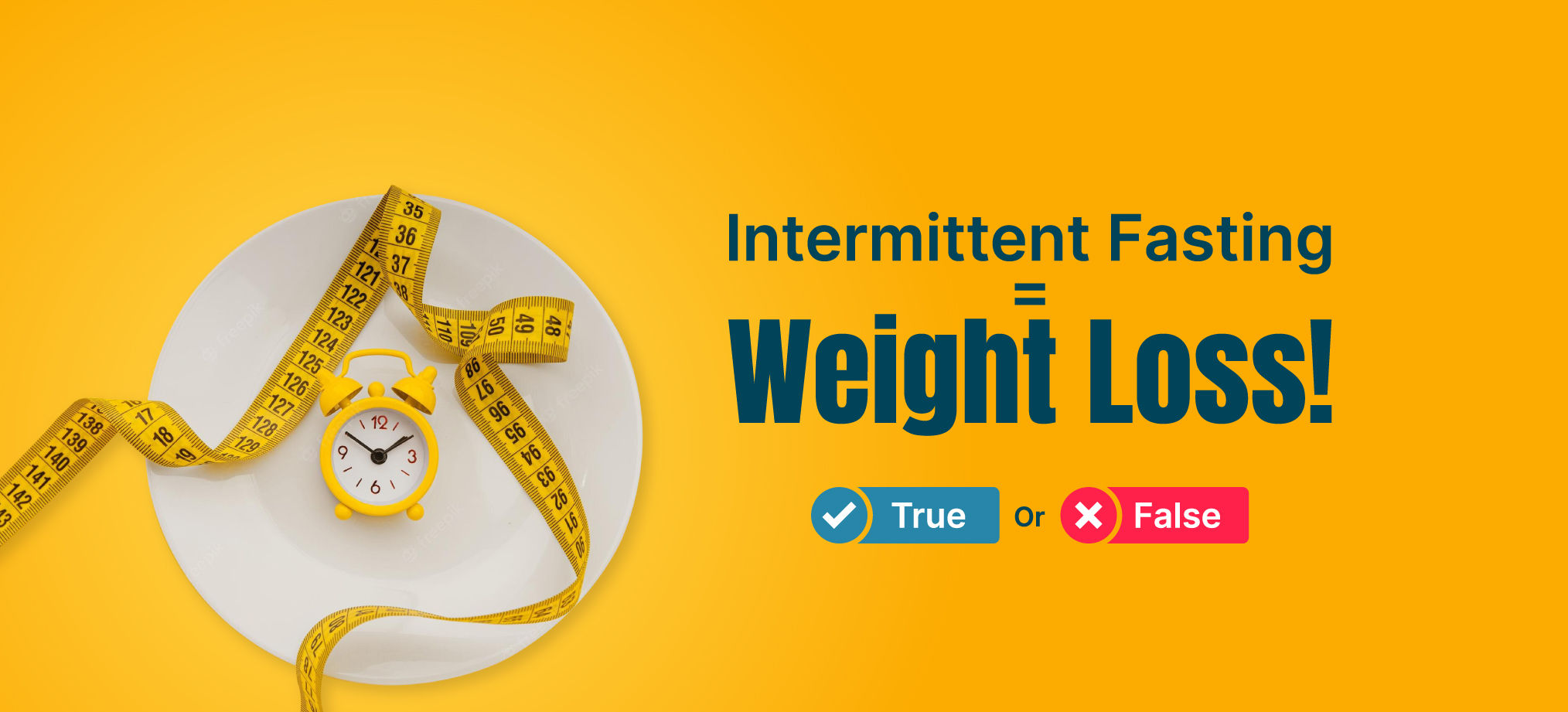Weight Management
Health Risks of Being Underweight
6 min read
By Apollo 24/7, Published on - 18 August 2021, Updated on - 07 August 2024
Share this article
1
0 like

Our body weight is known to continuously fluctuate, but a persistent or unintentional loss of more than 5% of the actual weight within 6 to 12 months can be a matter of concern. While great emphasis is laid on the ill effects of obesity, the adverse effects of being underweight is not given much attention. However, research shows that being underweight can increase the risk of developing various health issues including heart diseases, bone loss, iron-deficiency anaemia, and gynaecological problems.
Who is considered underweight?
A person is called underweight if they weigh less than what is necessary for the body to function properly. There is no specific scale to measure the healthy weight of a person. However, the healthy weight range can be measured with the help of body mass index (BMI) and waist circumference. BMI is the way to measure body fat using height and weight.
The readings of BMI can be interpreted as:
- Underweight: If the BMI is less than 18.5
- Normal weight: If the BMI is between 18.5 and 24.9
- Overweight: If the BMI is between 25.0 and 29.9
- Obese: If the BMI is at or above 30.0
While obesity increases the risk of developing several health issues, being underweight is equally serious. An underweight person must consult a doctor if they experience symptoms such as persistent tiredness, loss of appetite, and increased incidences of illnesses and infections.
Reason for being underweight
Some of the common reasons for being underweight include:
- Improper diet: Lack of a regular healthy, balanced diet can make a person underweight.
- Medical conditions: Underlying medical conditions such as eating disorders (anorexia and bulimia), overactive thyroid gland (hyperthyroidism), heart, kidney, lung or liver disease, or infections (bacterial, viral or parasitic) such as persistent gastroenteritis or tuberculosis (TB) can result in extreme weight loss. Tumours and cancers may also result in sudden weight loss but the diagnosis can only be confirmed after thorough testing.
- Poor mental health: Studies have shown that stress, anxiety, and depression can result in loss of appetite which, in turn, can result in weight loss.
Recommended Read: How to Care for Your Mental Health and Lead a Better Life
What are the health risks of being underweight?
Studies have shown that underweight people suffer from nutritional deficiencies, which increases their risk of developing several impairing diseases significantly. Health risks associated with being underweight include:
- Gradual bone loss: Low BMI has been strongly associated with reduced bone mineral density. A study published in the International Journal of Clinical Practice stated that being underweight increases women’s risk of developing osteoporosis, a bone disease characterised by excessive bone loss making the bones brittle and prone to fractures.
- Reduced immune function: A review study published in the Journal of Nutrition stated that protein deficiency in people with low BMI results in the decreased production of white blood cells and antibodies in response to a viral infection. It has also been established that in the absence of enough protein, fat, and other nutrients in the body, the immune system of underweight people works inefficiently.
- Heart diseases: Minerals such as potassium, sodium, and calcium are required to maintain a steady heartbeat. The imbalance of these essential minerals in malnourished underweight people results in improper heart rhythms (arrhythmias). A study published in the journal Medicine in 2017 found that out of 491,773 participants, underweight participants were at 19.7% higher risk of developing cardiovascular diseases than normal-weight participants. Studies also reveal that underweight people are prone to develop heart diseases such as mitral valve prolapse (bulging of the valves of the heart), arrhythmias, and even heart failure.
- Surgical complications: Studies reveal that underweight people are at high risk of developing complications during and post surgeries such as coronary bypass surgery and lung transplant. Research published in the Journal of Orthopaedic Science in 2017 found that underweight people who underwent total knee replacement surgery were more likely to develop infections post-surgery.
- Skin and hair problems: Due to the lack of enough nutrients in the body, underweight people tend to experience thinning and drying of the skin along with excessive hair fall.
- Persistent fatigue: Due to the lack of enough calories in the body, underweight people feel tired all the time.
- Anaemia: Underweight people tend to have low red blood cell count in their body due to a lack of sufficient iron in their diet, and are hence more prone to developing anaemia. Anaemia can cause dizziness, frequent headaches, and persistent fatigue.
- Irregular menstrual cycle: Underweight women may experience irregular, delayed or absence of periods. Persistent irregularity or absence of menses can also result in infertility.
- Preterm labour: Research published in the journal BJOG in 2016 found that underweight pregnant women are at increased risk of delivering the baby before 37 weeks of gestation. A premature baby can have long-lasting intellectual as well as developmental disabilities.
Can being underweight result in osteoporosis in women?
Dr Vipul Vijay, an Orthopaedic Surgeon associated with Apollo 24|7, states that “Various studies have shown that being underweight is a risk factor for osteoporosis. It has been seen that the constant pull of muscles on the bones is needed for adequate calcium deposition. Underweight people have a decreased muscle mass, leading to less mechanical loading of the bones, which leads to osteoporosis. It is advisable to maintain a healthy lifestyle with regular exercise and a balanced diet. Regular exercise helps in the stimulation of calcium deposition in the bones. Along with these, in established osteoporosis, we have new medicines which help reverse osteoporosis and further strengthen the bones.”
What can be done to maintain a healthy weight?
An underweight person should consult their doctor or dietitian for a thorough evaluation and treatment plan to attain a healthy weight. Measures that may help achieve and maintain a healthy weight include:
- Instead of eating 3 big meals of the day, eat five to six smaller meals.
- Eat at least 5 portions of fruits and vegetables every day. Add whole-grain foods such as whole-grain bread, pasta and cereals, fruits and vegetables, dairy products, beans, pulses, fish, meat, eggs, oily fishes (salmon or mackerel), and nuts and seeds to the diet.
- Avoid drinking fluids just before meals as it can reduce the appetite. One should drink water or other fluid 30 minutes after or before a meal.
- Consume healthy fats found in nut butter (peanut or almond butter), seeds (sunflower, pumpkin and flaxseeds), dried fruits, cheese, and avocados.
- Exercise regularly for at least 30 minutes to gain muscle mass and to stimulate the appetite. Bodyweight exercises or strength training exercises can also help attain muscle mass.
Conclusion
An underweight person does not have enough nutrients in their body to maintain the health of bones, skin, hair, and other vital organs. One can achieve a healthy weight with the help of medical treatment, a balanced diet, and regular exercise. Underweight women should consult their doctor before planning a pregnancy to prevent any complications. If you're severely underweight and need expert guidance,
To ensure overall health and screen common health conditions on time, you can get the Special Health Package test done from Apollo 24/7.
Weight Management
Consult Top Dieticians
View AllLeave Comment
Recommended for you

Weight Management
Does Intermittent Fasting Help with Weight Loss?
Studies show that intermittent fasting reduces the intake of total calories by about 10 to 30%, leading to weight loss.

Weight Management
How To Choose The Right Diet For Weight Loss?
When it comes to losing weight, it’s essential to carefully choose a diet that works best for you. The right diet can not only help you lose weight but also improve your overall well-being.

Weight Management
Want To Speed Up Your Weight Loss Process? Here Are Some Easy Tips!
A higher metabolism helps burn more calories, thus promoting weight loss. Simple lifestyle changes along with a proper diet and exercise can help lose weight effectively.
Subscribe
Sign up for our free Health Library Daily Newsletter
Get doctor-approved health tips, news, and more.
Recommended for you

Weight Management
Does Intermittent Fasting Help with Weight Loss?
Studies show that intermittent fasting reduces the intake of total calories by about 10 to 30%, leading to weight loss.

Weight Management
How To Choose The Right Diet For Weight Loss?
When it comes to losing weight, it’s essential to carefully choose a diet that works best for you. The right diet can not only help you lose weight but also improve your overall well-being.

Weight Management
Want To Speed Up Your Weight Loss Process? Here Are Some Easy Tips!
A higher metabolism helps burn more calories, thus promoting weight loss. Simple lifestyle changes along with a proper diet and exercise can help lose weight effectively.

